
The once vibrant operations of Ahadukes Food Products Plc, a manufacturer of Tiger biscuits, came to a grinding halt a month ago. A joint venture investment for the past decade, the Company's executives found themselves entangled in a web of tax disputes, casting a shadow on the local workforce and demonstrating the broader struggles of the manufacturing sector.
Based in the town of Bishoftu (Debre Zeit), Oromia Regional State, Ahadukes set its roots in 2015 with a promising vision. Two years earlier, Ahadu Plc and the London-based Vasari Group formed a joint venture, with shareholders such as Solomon Wondimeneh and Vivian Imerman bringing a wealth of experience in business. Solomon is behind successful ventures like tea plantation, packaging and real estate, while Imerman is known for his investments in Ethiopia, including in the Dashen Brewery, with a capacity of over four million hectoliters of beer annually.
With an initial investment of three million dollars, Ahadukes planned to churn out 12,000 cartons of biscuits daily, boasting a product lineup that included local brands such as Bourbon, Marie Gold, Ginger Crunch and Tiger Creams. Its ambitions to penetrate international markets faced early setbacks. Despite dreams of exporting to regional markets, it had confronted security issues that created supply chain bottlenecks, foreign exchange crunches and input shortages.
"Economic challenges from the onset tangled us," conceded Esubalew Kefale, general manager of Ahadukes Plc.
The power outage, a consequence of unpaid bills, was a final blow after years of notices and frozen bank accounts. Melaku Taye, communications director at the Electric Utility, expressed regret at the Company's perpetual lag for the past two years, leading to the drastic measure of cutting off power.
"Special considerations were made into account," he told Fortune.
The halt in operations followed a final notice issued a couple of months ago, marking a turning point in the tumultuous journey.
The recent closure stems from a cascade of financial troubles, starting with the Company's dispute with the authorities over tax dues and a backlog of electricity bills. Federal and regional tax authorities claim close to 47 million Br in taxes, including three million Birr claimed by the Bishoftu municipality, six million Birr for electricity bills and 38.6 million Br owed to the federal tax agency.
According to Betru Niguse, tax-debt monitoring team coordinator at the Medium Taxpayer's Office under the Ministry of Revenues, the Company terminated its operations due to a cascade of notices and the freezing of its bank accounts last year, after it failed to fulfil its tax obligation due for five years. He disclosed that the last notice was issued two months ago, which had led to the suspension of production.
Esubalew defended the Company's actions. He recalled the difficulty of making payments, citing operational and external factors limiting its operations 40pc lower than its capacity. Settling outstanding payments became a thorny issue.
"We're unable to make the payments," he said. "We're trying to settle it, though."
Ahadukes' struggles mirror the plight of many manufacturers facing working capital constraints, extremely limited access to forex, and external shocks. Experts call for a comprehensive review of the manufacturing sector's plights to rescue the industry. The broader issue within the industrial sector comes to light, with the manufacturing sector's contribution to GDP declining to 4.6pc.
Alemayehu Geda (Prof), an economics lecturer at Addis Abeba University (AAU), surveyed 200 manufacturers, discovering insecurity as the primary predicament of the sector, followed closely by foreign exchange issues. He believes in the urgency of addressing constraints imposed due to political shocks, shaky macroeconomic grounds, and corruption, leading to the closure of several factories.
"The parameters of the economy are alarming," warns Alemayehu.
With constant power outages, corruption and bureaucracy, he warns of a worsening condition, with more manufacturers closing down and a plummeting foreign direct investment flow and export. He urged policymakers to prioritise the manufacturing sector through policy responses focusing on export diversification beyond agriculture.
Esubalew has his hopes high that although settling tax arrears may take time, the plant will begin operating soon.
"It won't stay shut for long," he told Fortune.
While the head of the Company remains upbeat about negotiations with tax authorities to settle dues and resume operations, the uncertainty looms large for the 372-strong workforce. Two weeks ago, labour leaders expressed concerns to trade unions, raising the issue of job insecurity to leaders of the Federation of Food Drink & Tobacco and the Confederation of Ethiopian Trade Unions (CETU). Zenebe Lemma, president of the Union, called for transparent communications from management and efforts to protect workers' rights.
The workers, who remained inadequately informed about the fate of their employer, are now left with the looming fear of permanent closure.
Melka Telila, head of CETU's Adama branch, claimed that the plant has been operating at irregular intervals where the workers have been called on duty infrequently.
Workers like Hamdaw Legesse are apprehensive of their livelihoods, particularly amidst economic challenges. The 37-year-old, employed by Ahadukes Plc eight years ago, shares the uncertainty.
"I'm not even sure we'll return," he told Fortune.
The negotiations company executives plan to have with federal tax authorities will determine the fate of Ahadukes Plc. Betru of the federal tax Commission disclosed his office is working toward negotiating to settle arrears to avoid enduring closure and seizure of assets.
"We don't want to go there before reasonable negotiations," he told Fortune.
PUBLISHED ON
Feb 10,2024 [ VOL
24 , NO
1241]


Fortune News | Apr 27,2025

Radar | Oct 01,2022
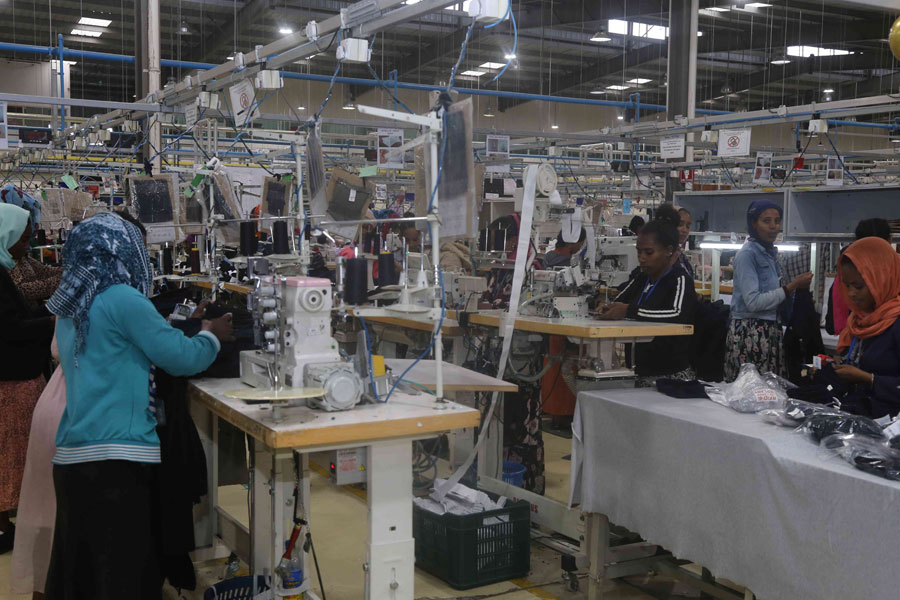
Fortune News | Aug 05,2023

Fortune News | Jun 21,2025
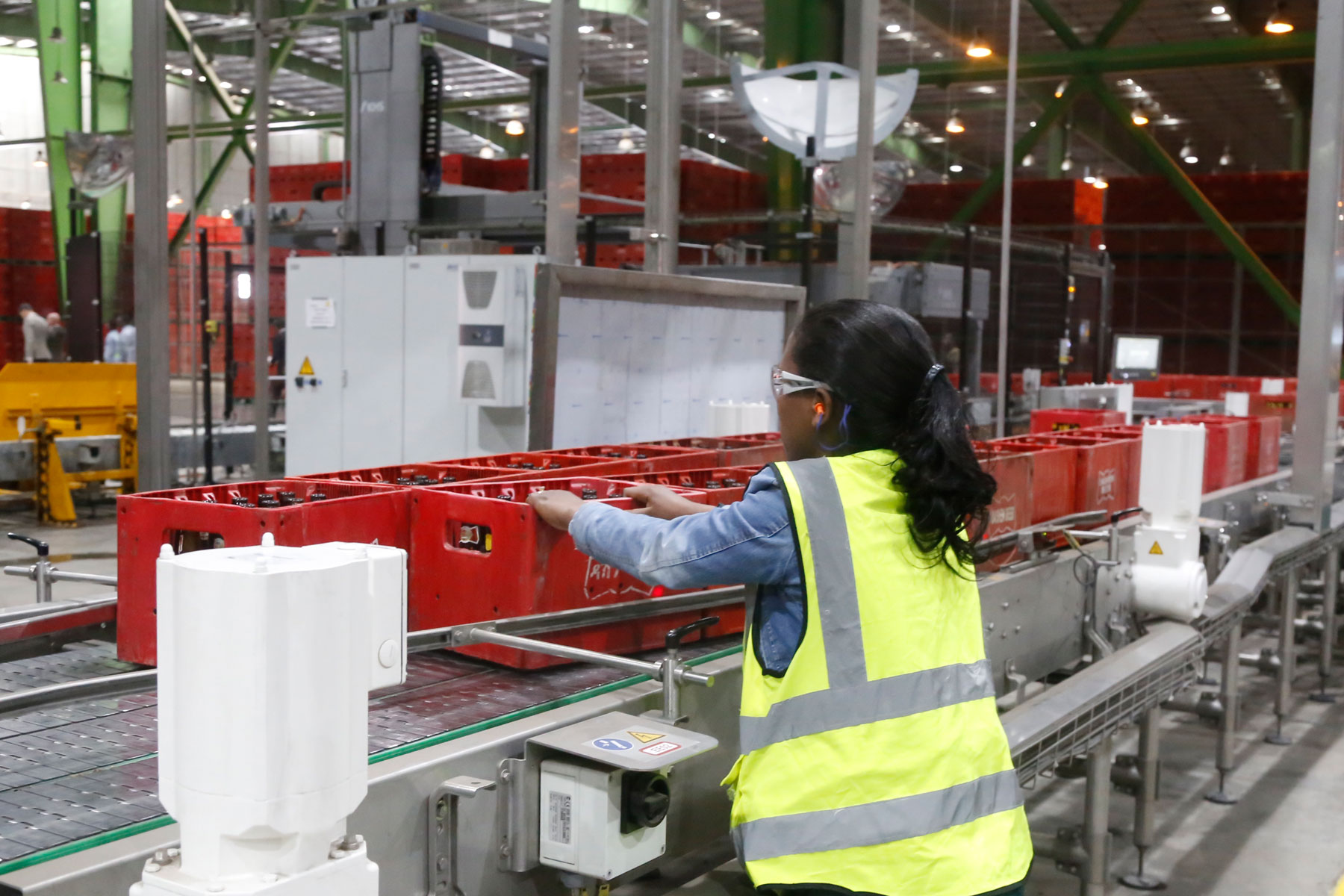
Fortune News | Apr 13,2024
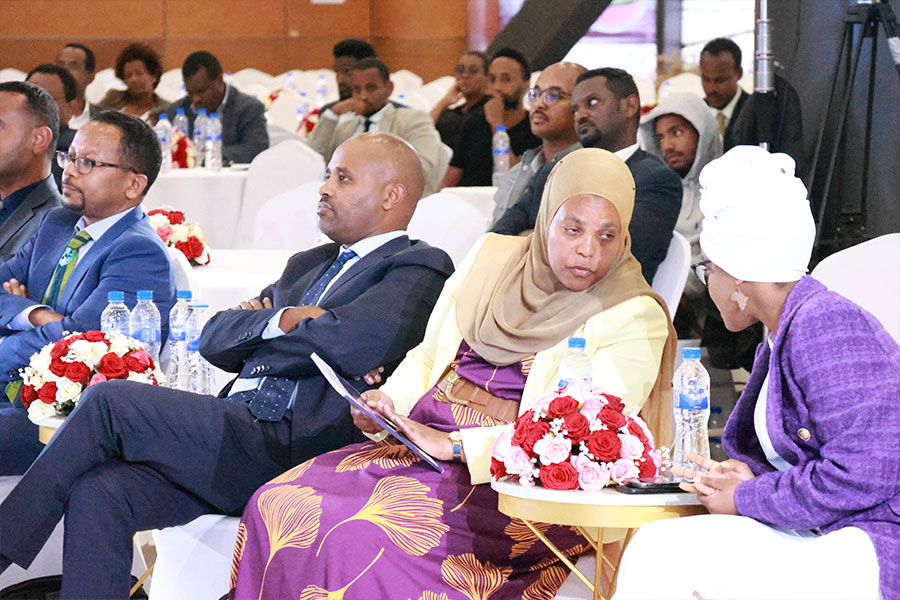
Fortune News | Sep 09,2023
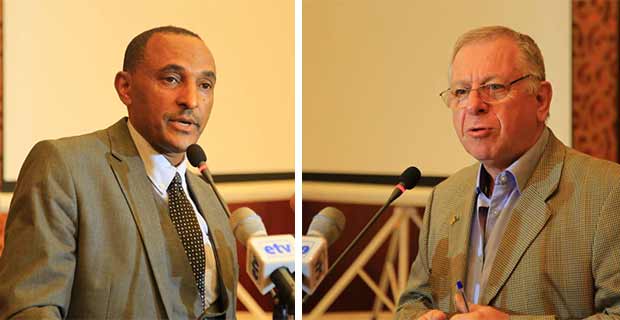
Fortune News | Sep 08,2019

Fortune News | Mar 28,2020
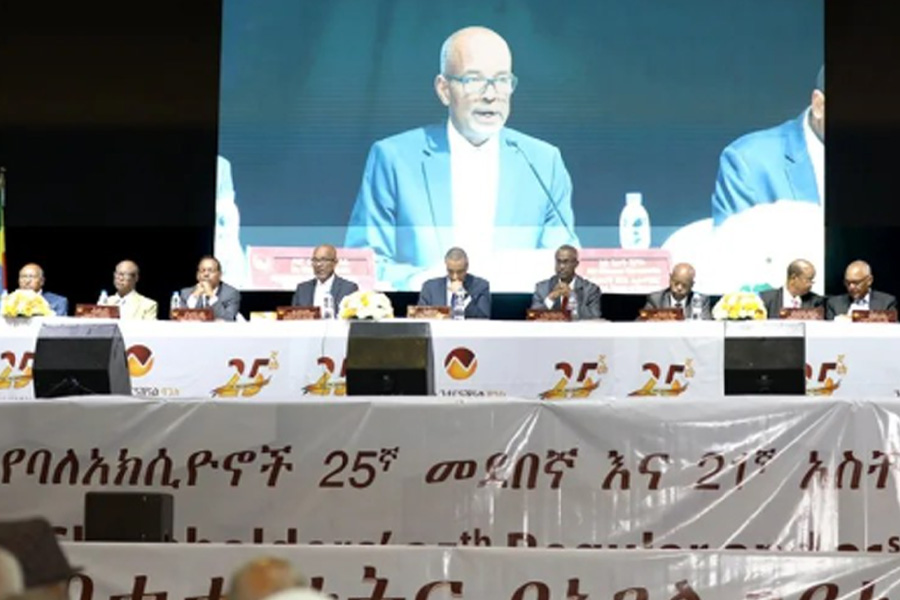
Radar | Dec 01,2024

Dec 22 , 2024 . By TIZITA SHEWAFERAW
Charged with transforming colossal state-owned enterprises into modern and competitiv...

Aug 18 , 2024 . By AKSAH ITALO
Although predictable Yonas Zerihun's job in the ride-hailing service is not immune to...

Jul 28 , 2024 . By TIZITA SHEWAFERAW
Unhabitual, perhaps too many, Samuel Gebreyohannes, 38, used to occasionally enjoy a couple of beers at breakfast. However, he recently swit...

Jul 13 , 2024 . By AKSAH ITALO
Investors who rely on tractors, trucks, and field vehicles for commuting, transporting commodities, and f...

Jun 28 , 2025
Meseret Damtie, the assertive auditor general, has never been shy about naming names...

Jun 21 , 2025
A well-worn adage says, “Budget is not destiny, but it is direction.” Examining t...

Jun 14 , 2025
Yet again, the Horn of Africa is bracing for trouble. A region already frayed by wars...

Jun 7 , 2025
Few promises shine brighter in Addis Abeba than the pledge of a roof for every family...